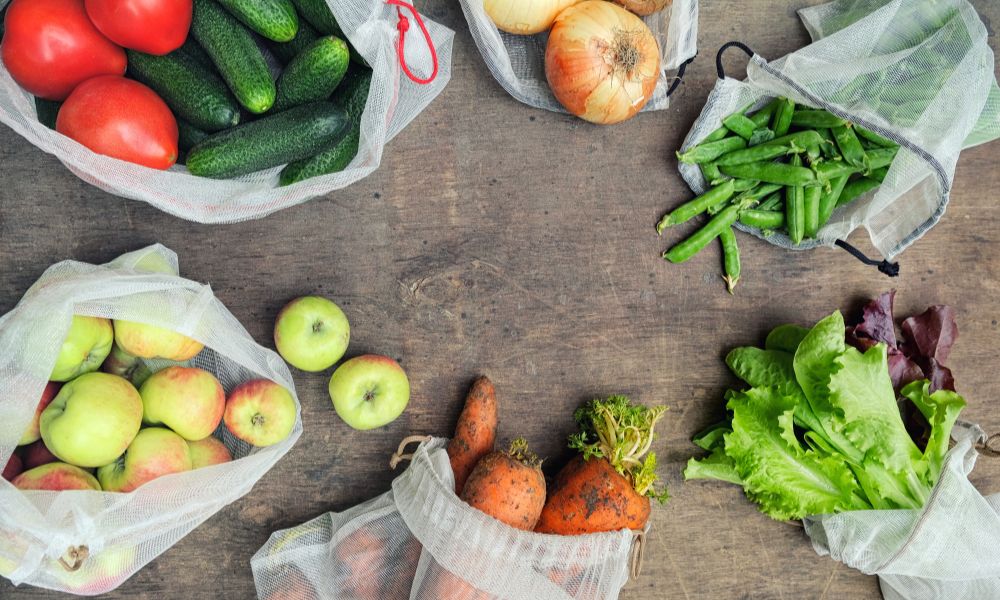As a small business farmer, it’s easier to manage ethical, environmental, and sustainable conventions within your business. Because you work alongside nature, taking various steps to minimize your environmental effects not only benefits the planet but your business as well. Numerous procedures within your operations can be enhanced with more environmentally conscious practices between the farming and selling of produce. Here are some ways to create a sustainable food business.
Reusable and Recyclable Packaging
There are many reasons to use reusable produce packaging. They provide multiple purposes, like preservation, organization, and appeal. Reusable and recyclable packaging comes in many forms nowadays, from paper bags to mesh ones, providing you with an array of options to choose from. Each offers the same benefits, including reducing packaging waste like plastic bags ending up in landfills. When at a farmers market or selling your products elsewhere, reusable and recyclable packing provides a sustainable solution and attracts customers that prefer to deal business with fellow eco-warriors.
Natural Farming Supplies
Not all soils and fertilizers hold sustainable qualities. Some include toxic chemicals that harm ecosystems in numerous ways. Opting for natural fertilizers and soil mixes like compost reduce toxins leaking and harming wildlife. Using compost also allows you to reduce food scrapes and reimplement them into your system’s cycle. Also, ensuring the sustainability and environmental effects of the companies you buy fertilizers and potting mix from further improves your food business toward a more sustainable direction.
Minimal Food Waste
Food waste is a huge component of pollution. Not only does it take up landfill space, but when decomposing under trapped garbage, it releases harmful off-gases that negatively affect humans and wildlife. Composting is one way to sustainably manage food waste, giving food scraps or unwanted produce a second purpose. Other ways to minimize food waste include selling all the produce you make no matter its appearance, and donating unwanted food waste to local composting businesses and gardens.
Water and Energy Efficient Systems
Managing water consumption when farming proves to be a difficult challenge due to the great demand for water that many crops require. However, there are numerous ways to improve water efficiency, such as using drip irrigation systems, storing water supplies, recycling water waste, and planting cover crops. All of these methods reduce water waste and ensure your plants stay hydrated. Similarly, implementing energy-efficient systems reduces your carbon footprint, saving natural resources.
There are many more ways to make your food business more sustainable, from reducing general waste production to using high-tech, eco-friendly equipment. Whether you sell your produce to restaurants or at local farmer’s markets, practicing sustainable conventions within your business reduces the environmental footprint of everyone that buys from or works alongside your business, creating a more sustainable system and lifestyle for everyone.








